Declaring northern Ethiopia volatile and unpredictable, UN humanitarians on Thursday said the ever-worsening situation is restricting distribution of relief supplies even more.
"The United Nations urgently calls on all parties to allow unimpeded and sustained access to people in Tigray, Amhara and Afar," the UN Office for the Coordination of Humanitarian Affairs (OCHA) said. "Food distribution continues ... but remains well below the level required."
Several UN and nongovernmental aid organizations will be forced to cease operations if humanitarian supplies, fuel and cash are not delivered to Tigray soon, OCHA said.
"In Tigray, the humanitarian situation continues to deteriorate, with tensions restricting the movement of humanitarian supplies along the only available route (Semera-Abala-Mekelle)," the office said. "No trucks carrying humanitarian supplies have been able to enter Tigray since Dec. 15."
The office said only 1,338 trucks entered Tigray since July 12, less than 12 percent of the trucks needed. Some 100 trucks are required daily.
As of Monday, partners distributing food in Tigray have only around 10,000 liters of fuel left, OCHA said. However, at least 60,000 liters are needed to dispatch the limited food supplies (about 4,000 metric tons) available in Mekelle, the regional capital of Tigray.
Humanitarian organizations continue to provide critical assistance, despite the challenges, the office said. In Amhara, more than 33,000 people received shelter and non-food items during the past week, bringing the total number assisted to 586,000 people. Food distribution continues in all three regions but at a level well below what is required.
There are new reports of internally displaced people (IDP) on the move, further complicating the situation in western Tigray and the adjacent Afar and Amhara regions.
"Spontaneous and organized IDP returns are also ongoing in all three regions," OCHA said. "There are significant needs in the areas of return, including food, water, sanitation and shelter."
The office said humanitarian partners work with local authorities to ensure that the returns are well planned, voluntary and dignified. Adequate support for the returnees also is required.








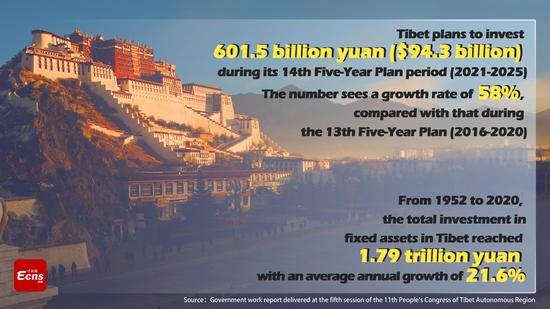
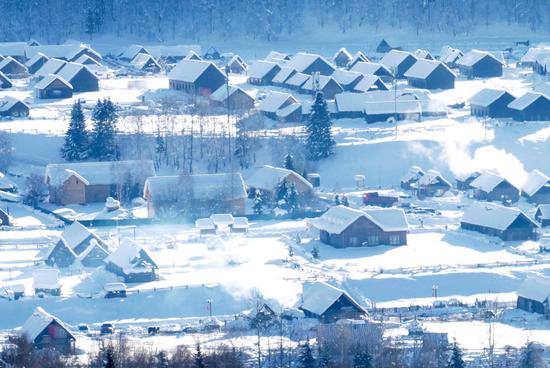



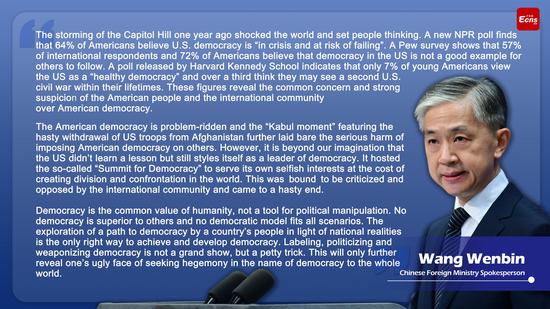
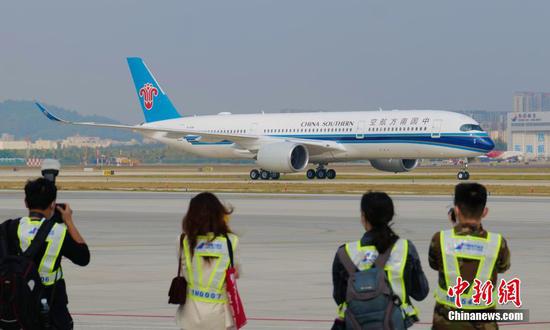


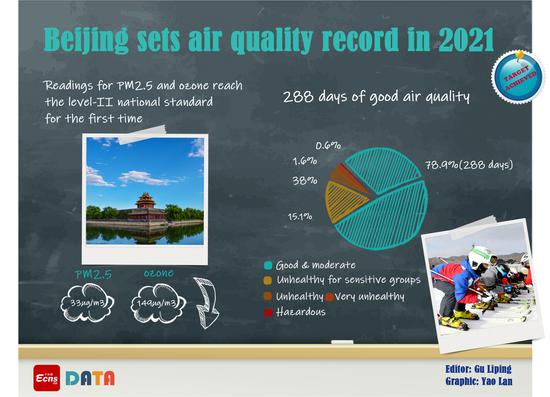

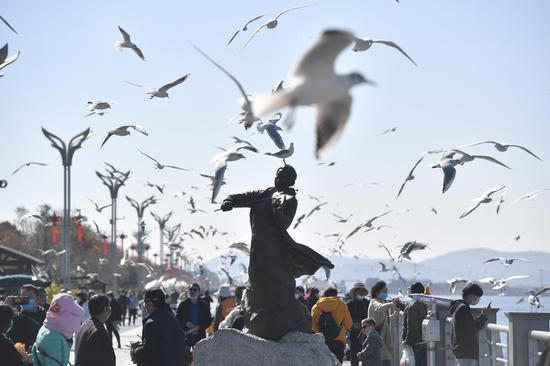


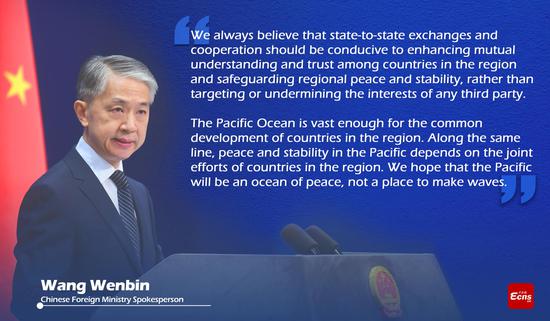
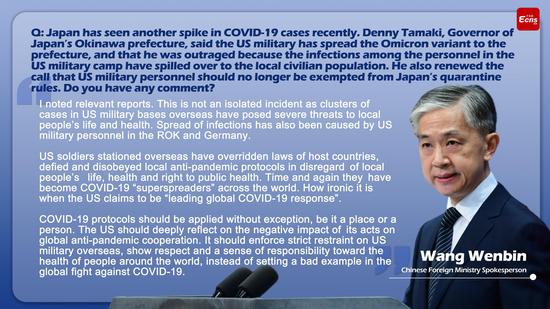

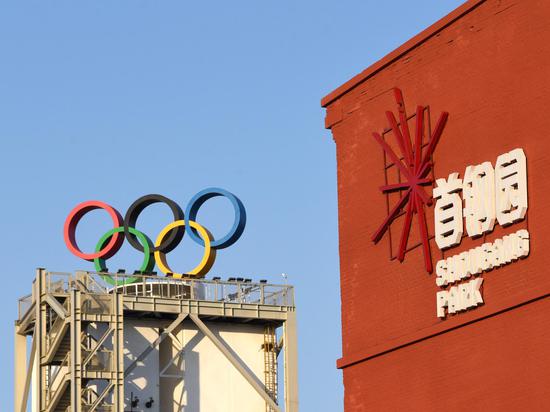



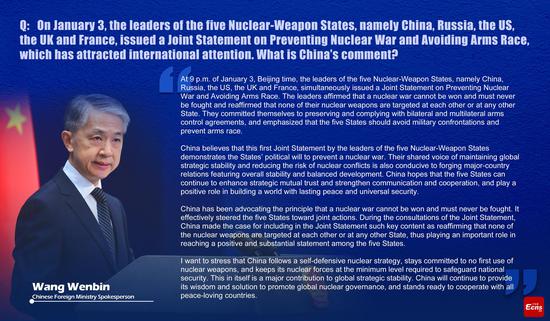

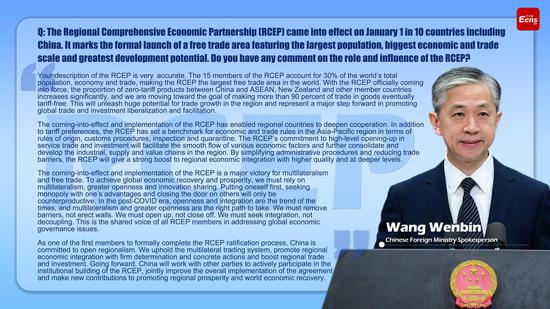


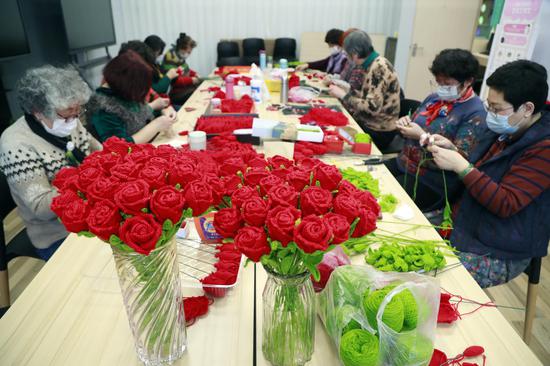




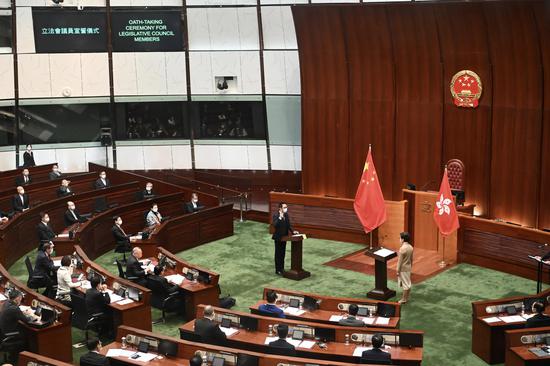










 京公网安备 11010202009201号
京公网安备 11010202009201号